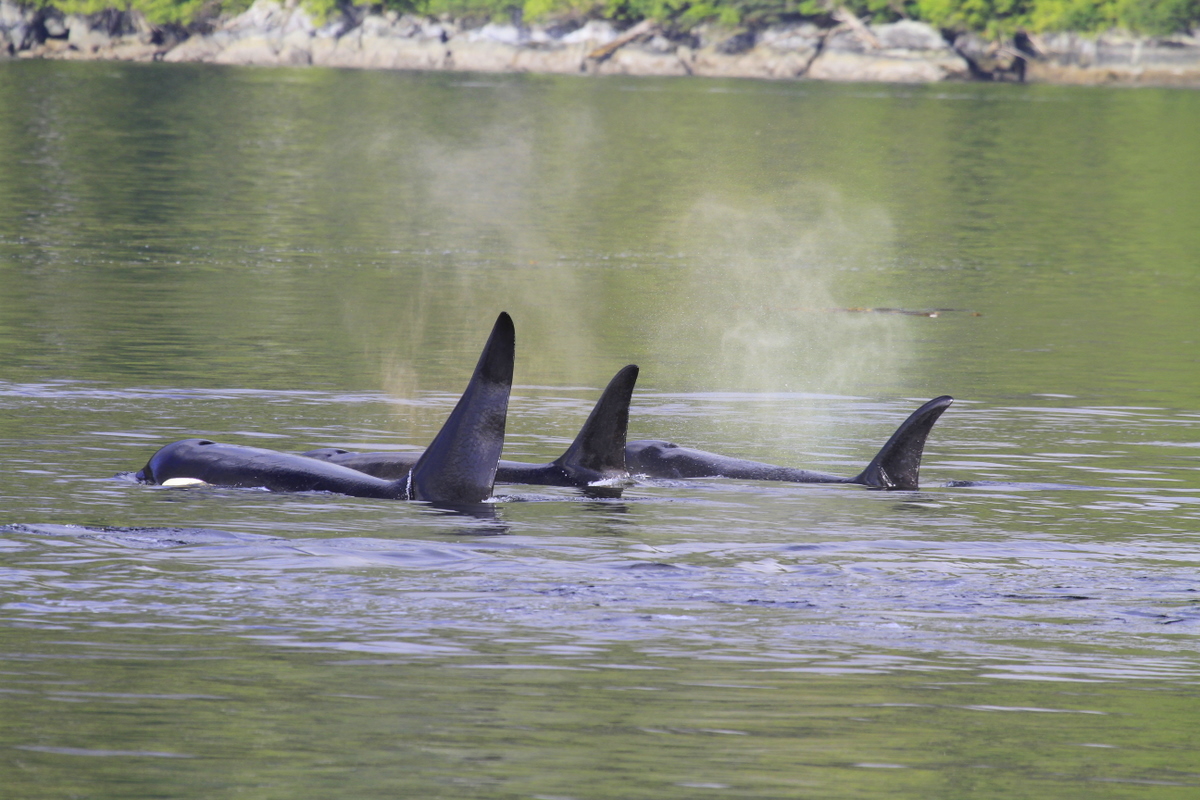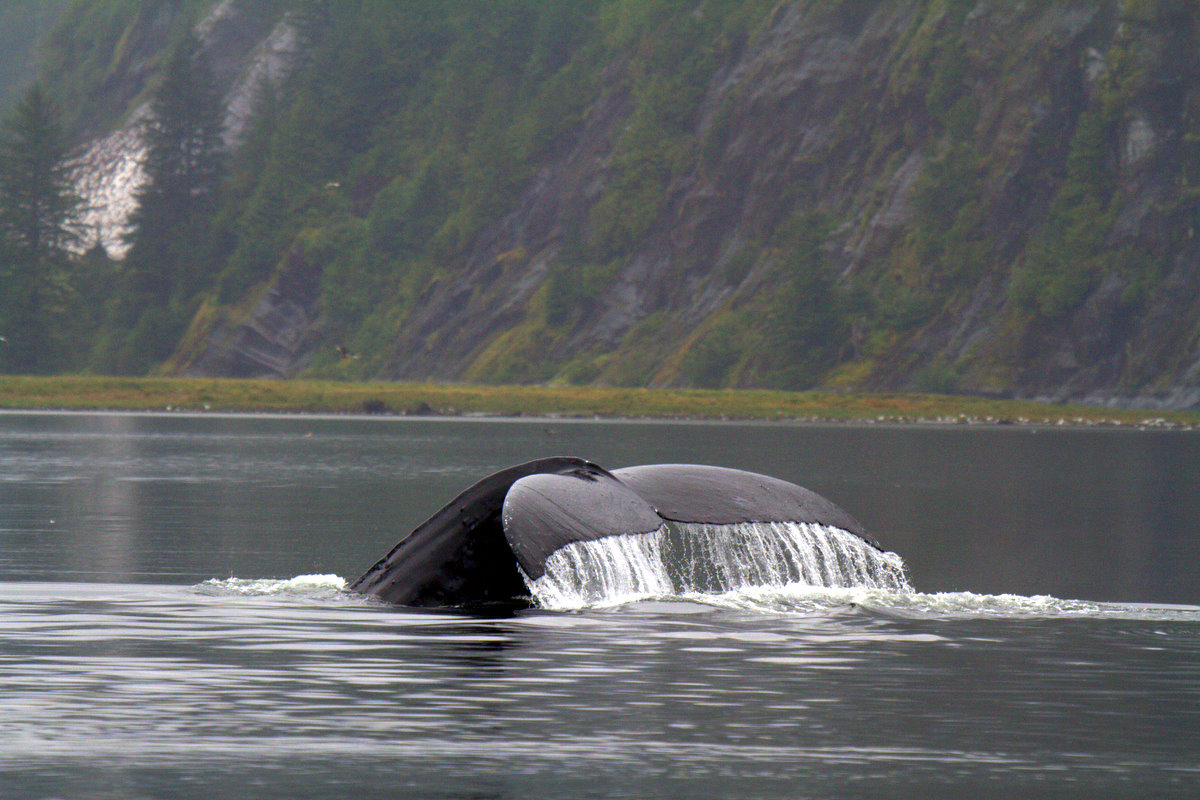Province, March 14, 2019
Critics of legislation banning oil tanker traffic on Canada’s northwest coast like to argue that coastal First Nations communities are anti-development and against job creation, by pointing to our support for Bill C-48, currently before the Senate, which prohibits large oil tankers from B.C.’s north coast.
Nothing could be further from the truth. Indeed, it is precisely because we support the re-establishment of healthy coastal economies in our traditional lands that we insist on protecting our local environment and its ecosystems.
Why should First Nations bear the risk or sacrifice long-term sustainable jobs for short-term gains in non-renewable sectors, like crude oil shipment? We have worked hard to build our local economy. Even a relatively small oil spill would jeopardize our efforts.
We are nations and we have inherent rights to protect our people and our livelihoods. We understand best that we need to create more jobs in our communities. One of the important duties we have as responsible governments is to provide an economy that includes opportunities for future generations. But the pursuit of prosperity must strike a balance with cultural preservation, economic development and environmental protection.
For more than 40 years, coastal First Nations communities have told Ottawa that our waters are no place for oil tankers because of the navigation hazards and risk of a spill. A voluntary ban has been in place since the 1980s — now it’s time to formalize it.
C-48’s passage is more urgent because Conservative senators are calling for an end to the voluntary ban. While the Senate has a valuable role in the legislative process, the ban has the support of the majority of people on the coast, those who would be most affected by a spill, and four federal political parties. Senators fighting the bill are not just putting coastal communities at risk, they are undermining democracy.
In the precious lands and waters of the North West Coast, we co-exist with the whales, bears, wolves and salmon as our ancestors have known them. We can still get our supper and livelihoods from the wild, yet we lament the decline from even a generation ago. Over-harvesting, mismanagement and loss of habitat has taken their toll.
We are an ocean-based people: the ecosystems, economies and culture of our communities on Canada’s central and north Pacific coast and Haida Gwaii are inextricably tied to the health of our waters. We uphold the principle: “If we take care of the sea, the sea will take care of us.”
First Nations represent 50 per cent of the population on the central and north coast and Haida Gwaii. Our territories represent 40 per cent of Canada’s Pacific coastal waters. About 33 per cent of all the commercial landed value of wild fisheries in B.C. comes from this area.
Through reconciliation with Canada and given our long history managing our coastal waters, we are on the verge of making commercial fishing the cornerstone of our economies again. As well, we would have access to licenses and quota in the region, vessels and gear, processing equipment, management and administration. We are also succeeding in shellfish aquaculture, and excited about opportunities for growth.
Why is banning large tankers so essential? It’s about preserving the economic, cultural and social well-being of our communities. We will not risk our livelihoods or the sustainable economies we’ve worked so hard to restore for the financial gain of outside interests. In our remote and pristine region, the risk of a major spill is simply too high.
We therefore ask senators to do right by respecting the will of our people, the majority of Canadians and the elected House of Commons.
Chief Marilyn Slett is president of Coastal First Nations – Great Bear Initiative, which “promotes community self-sufficiency and sustainable economic development on B.C.’s North and Central Coast and Haida Gwaii.”


